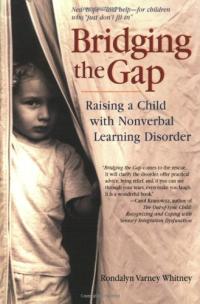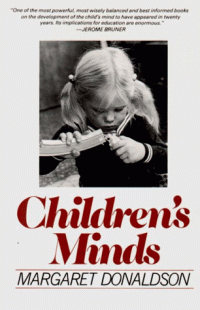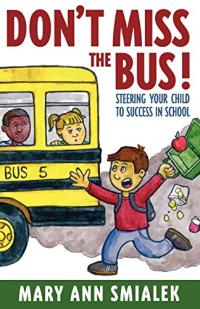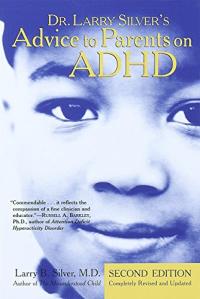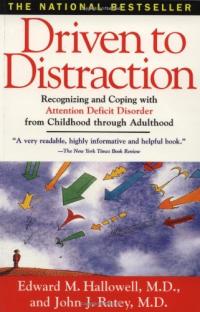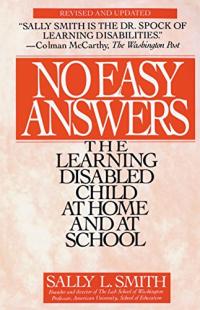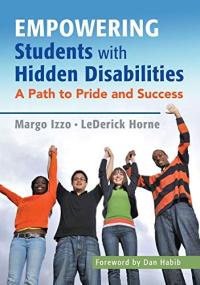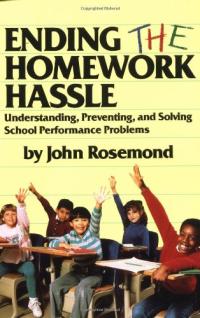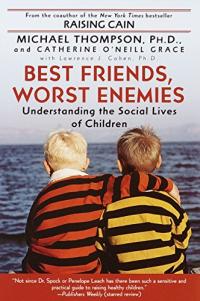
Best Friends, Worst Enemies: Understanding the Social Lives of Children
Best Friends, Worst Enemies brings to life the drama of childhood relationships, guiding parents to a deeper understanding of the motives and meanings of social behavior. Here you will find penetrating discussions of the difference between friendship and popularity, how boys and girls deal in unique ways with intimacy and commitment, whether all kids need a best friend, why cliques form and what you can do about them.
